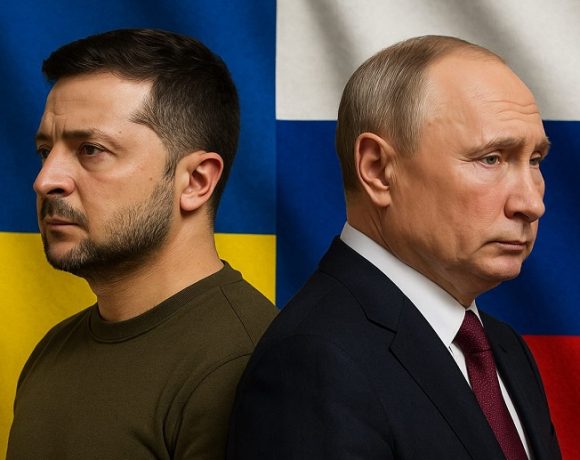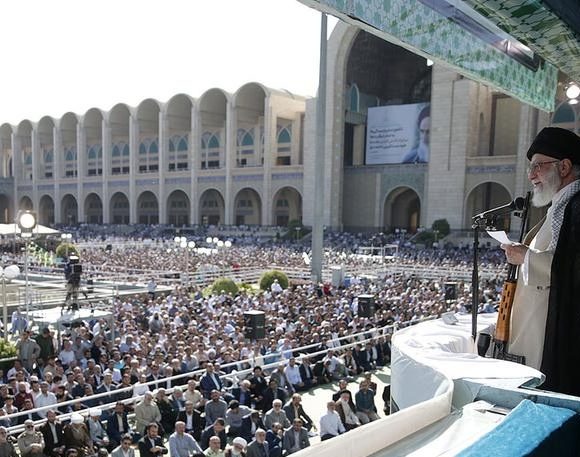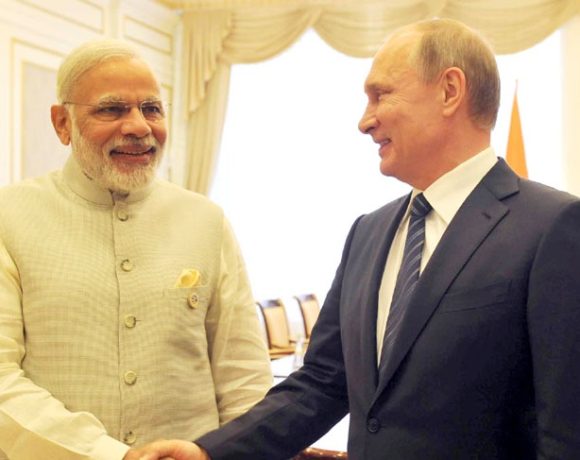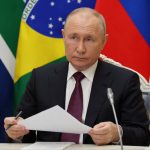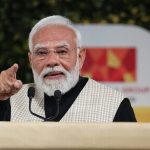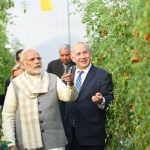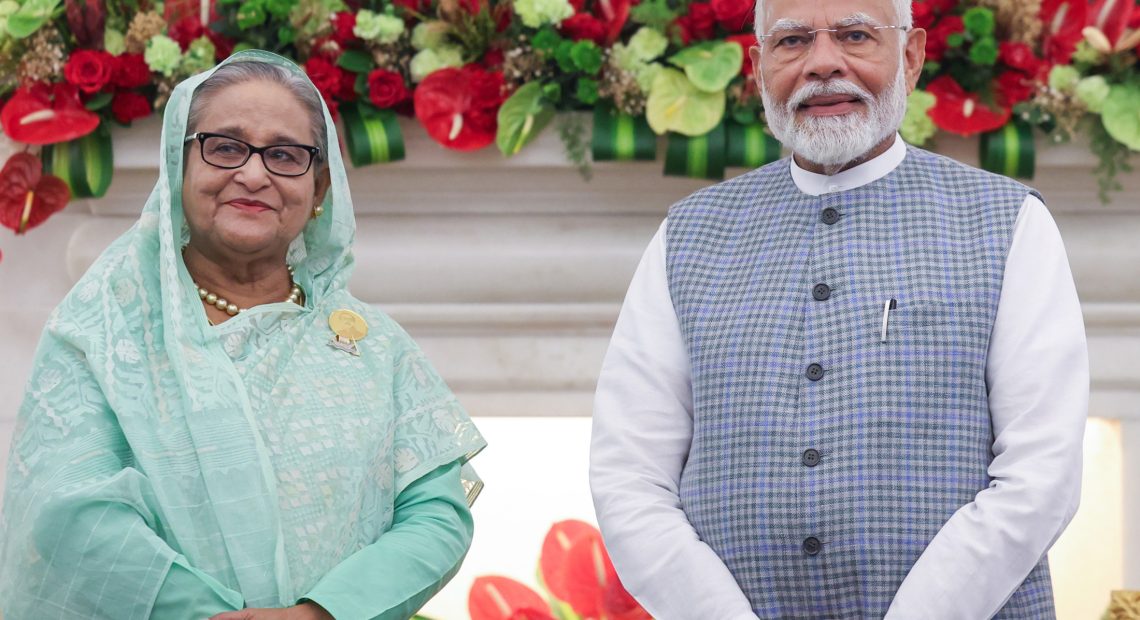
Modi Declined to Silence Hasina, Reveals Yunus
Bangladesh’s interim government adviser, Muhammad Yunus, has revealed that Indian Prime Minister Narendra Modi refused to act on a request to restrain Sheikh Hasina from making politically charged statements while in India. The revelation was made during Yunus’s address at a public event hosted by Chatham House in London.
Yunus Requested Modi to Restrain Hasina
Yunus shared that during a side meeting at the BIMSTEC Summit in Bangkok in April, he personally requested Modi’s intervention to curb Sheikh Hasina’s public messaging. At the time, Hasina, who fled Bangladesh following a mass student uprising in 2024, had been issuing frequent political statements from exile.
“We told Prime Minister Modi, please help us in making sure she doesn’t speak to Bangladeshi people the way she is doing,” Yunus said, referencing the increasing frequency of Hasina’s addresses and their destabilising impact on Bangladesh’s political atmosphere.
Modi Responds: “It’s Social Media, We Cannot Control It”
In response to Yunus’s appeal, Modi reportedly expressed helplessness. According to Yunus, “Modi said: it is the social media, we cannot control it.” Modi’s stance highlights the complexity of managing political messaging in the digital age, where platforms like YouTube, Facebook, and X allow unrestricted global reach even from political exiles.
Yunus warned that if such unchecked rhetoric continues, “it can create an explosive situation,” pointing to rising domestic tensions and possible unrest in Bangladesh, which is now under an interim administration.
Hasina’s Exile and Ongoing Extradition Efforts
Sheikh Hasina has been living in India since her ousting in August 2024 after widespread anti-government protests led by students and civil society groups. The interim Bangladeshi government, led by technocrats and backed by regional partners, has formally requested her extradition, citing alleged abuse of power and mishandling of state resources during her tenure.
Despite these efforts, no extradition agreement has been reached, and Hasina continues to issue statements targeting the interim regime and calling for her political restoration.
India’s Delicate Balancing Act
Modi’s refusal to intervene illustrates India’s cautious diplomatic posture. Granting safe passage to a former Prime Minister of a neighboring country carries political weight, but restricting her speech risks accusations of censorship and interference in another nation’s internal affairs.
This episode underscores the broader dilemma faced by democracies in the digital age—how to balance political asylum, free speech, and regional stability. India’s decision to stay neutral in content moderation reflects both constitutional boundaries and strategic restraint.


